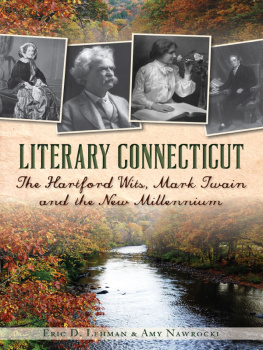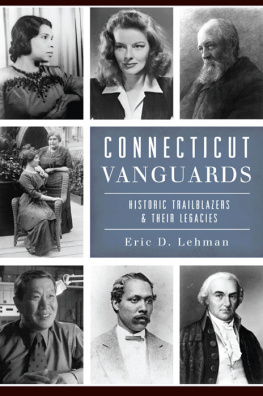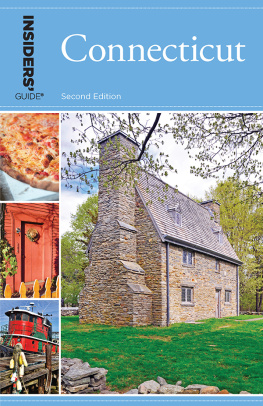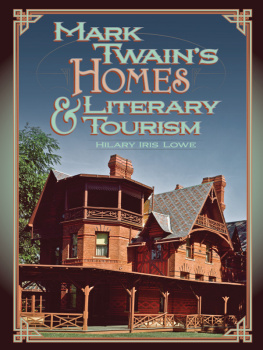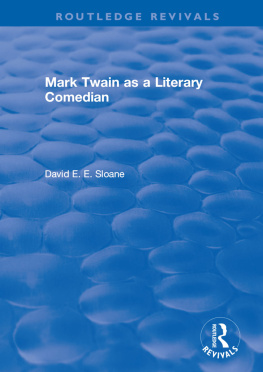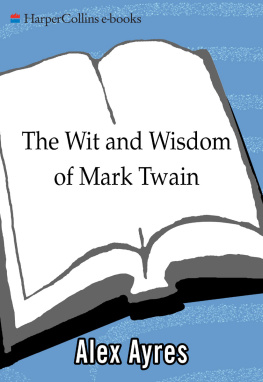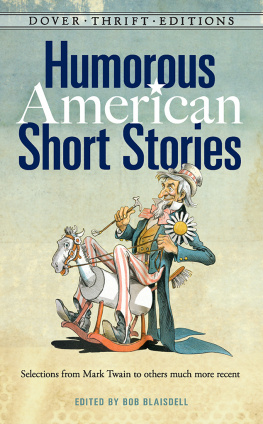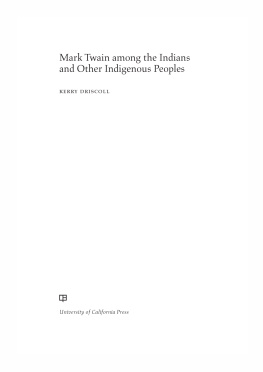
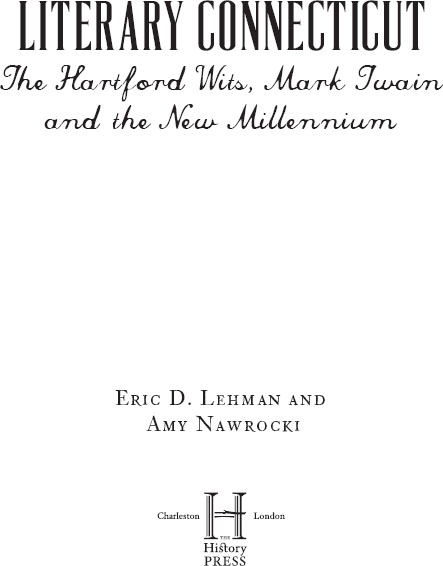
Published by The History Press
Charleston, SC 29403
www.historypress.net
Copyright 2014 by Eric D. Lehman and Amy Nawrocki
All rights reserved
Cover images courtesy of the Library of Congress and Kris Nawrocki.
First published 2014
e-book edition 2014
ISBN 978.1.62584.572.6
Library of Congress Cataloging-in-Publication Data
Lehman, Eric D.
Literary Connecticut : the Hartford wits, Mark Twain and the new millennium / Eric D. Lehman and Amy Nawrocki.
pages cm
print edition ISBN 978-1-62619-118-1 (paperback)
1. Authors, American--Connecticut--Biography. 2. Authors, American--Homes and haunts--Connecticut. 3. Connecticut--Biography. I. Nawrocki, Amy. II. Title.
PS253.C8L44 2014
810.99746--dc23
2014013114
Notice: The information in this book is true and complete to the best of our knowledge. It is offered without guarantee on the part of the authors or The History Press. The authors and The History Press disclaim all liability in connection with the use of this book.
All rights reserved. No part of this book may be reproduced or transmitted in any form whatsoever without prior written permission from the publisher except in the case of brief quotations embodied in critical articles and reviews.
Contents
Preface
We often hear from discouraged English teachers that literature is dead and that no one reads anymore. Sometimes we are those English teachers. But with all due respect to us hardworking, front-line soldiers in the war for reading comprehension, we are wrong. Perhaps we are experiencing golden age thinking, dreaming of some mystical past when everyone read poetry in their living rooms instead of watching television. Its sad to say that such a time never existed. Only the super-educated portion of the upper class experienced this literary life, and 99 percent of the population never participated. Now that education is nearly universal, we complain that not everyone wants to read Wallace Stevenss Thirteen Ways of Looking at a Blackbird aloud at dinner parties.
But guess what? Noah Websters dictionary is one of the bestselling products of all time. People still stage Our Town all over the world. Huckleberry Finn continues to shine a light on the evils of racism and hypocrisy for every one of the hundreds of millions who have read it. Thats right, hundreds of millions. Still discouraged? How about some statistics, like the fact that book sales keep rising and literacy rates keep growing around the world? And more people are writing, too. Thanks to the modern ease of self-publishing and e-texts, the number of published authors has increased a hundredfold. That doesnt sound like a culture in decline. As Connecticuts own Mark Twain put it so sarcastically, Literature is well enough, as a time-passer, and for the improvement and general elevation and purification of mankind, but it has no practical value. No practical value, indeed.

The premier network of libraries across the state offers readers the chance to connect with the states literary greats. The Pequot Library in Southport is one of the best. Library of Congress.
For those of us in Connecticut, the healthy condition of literature is more noticeable than in some places. Despite our small size, we have a surprising 183 public libraries, from the Mark Twain Library in Redding, donated by the great author himself, to the oldest free lender in the country, Scoville Memorial Library in Salisbury. Appropriately, our libraries are housed in some of the most beautiful buildings in the state, wonderful Romanesque masterpieces and modern glass-walled wonders. We are consistently rated one of the most educated states in America, with many advanced-degree earners, library visits per capita and colleges per citizen. We are readers.
And where you find readers, you will find writers. Whether in the rolling western hills, the ivy-clothed halls of our universities or along the rocky shore of Long Island Sound, writers have found their inspiration and passion here for centuries. You will encounter some of the most important figures in American literature here and some you have never heard of. Some were born here, some lived most of their lives here and some just passed through. Some transformed poetry, and some created American language from the ground up. We have Americas most famous novelist and Americas first literary movement. An astonishing four of the five most respected dramatists of the twentieth century lived in Connecticut.
It is a rich trove for such a small, quiet state. But we plainly live in a place where culture is not just consumed but also created, where the ferment and fire take place inside, fingers poised over a quill pen or keyboard. We are lucky enough to send out that fire to the world and keep the quiet for ourselves. Creating literature is a human activitywe all do it, even if we are just telling a funny story about our uncle and a pig. But few people write those stories down, and even fewer are read by more than their families.
Bridgeports Richard Osborn was an expatriate friend to Tropic of Cancer author Henry Miller, and the two corresponded afterward for many years. Osborn claimed to have completed a long novel about his years in Paris and to have collected Millers letters and his own for publication. But he died, and his mysterious trunk of papers was destroyed by a high-minded brother-in-law, never to be read by anyone. Of course, what happened to Osborn is a tragedy. When any person dies and their mental warehouse of stories is lost, it is a tragedy. It leaves a hole in the world. That is why great writers are so importanttheir work stands in for all those lost tales; they tell our stories as if they knew us, as if they verbalized the unwritten longings of our souls.
In that way, great writers perform a sort of magic, taking everyday words and arranging them into spells, sometimes a few lines, sometimes hundreds of pages long, and when the spell is read, something changes inside the reader. If the spell is very good, the culture itself might change. Those are the writers who touch us, who transform us, who belong in books like this one. They are the magicians of Connecticut, giving strength or granting doubt, exploring darkness or bringing light.
Who are they, these magical beings? Surprisingly, they drove the same roads as we do today, frequented the same taverns, maybe even shopped at the same stores. They ate the same food and, yes, read the same books. They lived in our largest cities and smallest villages, along the rivers and on the farms, in small cabins and huge mansions, with large families or alone, like everyday ordinary people. Its time to get to know your neighbors.
Twilight of the Puritans
When Jonathan Edwards was one year old, French soldiers and their Indian allies raided down from Canada and attacked Deerfield, Massachusetts, upriver from his home in East Windsor, Connecticut. It was one of many attacks during Queen Annes War, which lasted throughout his childhood. His father, Reverend Timothy Edwards, served as a chaplain on an expedition in 1711, but his health was not suited for military life, and he returned home early in some disgrace to his small village on the banks of New Englands greatest river.
There in East Windsor, little Jonathan learned his Bible from his many sisters and his mother, Esther, a dignified yet gentle woman. His father, Timothy, was an affectionate disciplinarian who expected a lot from his children. His own mother, Jonathans grandmother, was given to fits of violence and had cheated on his grandfather just after their marriage. In fact, that entire branch of the family had psychological issues: his great-aunt murdered her child, and his great-uncle murdered another sister with an axe.
Next page
